Classics to the Rescue


Send us your feedback to audioarticles@vaarta.com


You have been reading a lot on IndiaGlitz about the trend in new releases of late. If once cinema halls gave way to marriage halls and shopping malls complaining there arent enough films to screen now after the arrival of multiplexes the complaints still rampant says there arent enough good films to screen.
With over 5000 films released till date since the first talkie Kalidaas in 1931, how much substance one can attach to the mumbling that suggests there arent enough films for the theatres. Okay, even if you consider the possibility of many of the film prints are not available still you will have more than 3000 left. Further if you say not all of them are worthy of repeat runs you may still be able to find more than 2000 films worthy to be screened even today.
|
But film exhibitors are blind to the golden ducks in classic old films eggs which are already in their hands. By not realizing that that they fall prey to the likes of Mayflies in dubbed or adult movies that have no long life even in their first appearance.
Wont the theatres be able to make more money by screening a Mullum Malarum than by screening dubbed soft porn movies like Sivappu Vilaku or Rajaleelai? Whose bizarre idea was to dub a 30 year old Italian movie in Tamil and release it today hoping to make money? Even if they make money in the first couple of days what happens after? Will they be in the business for long with enough films of that kind?
In Tamil Nadu there are nearly 1,800 cinema halls. In greater Chennai alone, there are 120, while the sub urban Chennai has 80. Of these not every cinema hall is able screen a new movie every week. Sometimes even the cinema halls in the heart of the metro city struggles for new films. During those crisis days how many cinema halls would like to turn to ever green oldies?
In Chennai the special film festival screenings of movies conducted by various film clubs in the city always goes houseful. That shows still there are many who wants to see movies of the past. Even the screening a movie like Burma Rani had full audience. Burma Rani was a 1944 black and white film.
So how many theatres in the city would want to wake up to the truth. I am sure the young generation would love to know about the classics of Tamil cinema. Remember the film festivals are mostly attended by the young generation.
How will the present generation know there exited a lot of films which made Tamil cinema richer even before the advent of Eastman colour? Where have all the good old classic films gone?
Today in Chennai city repeats of old films happens almost only for MGR films. There are some screens in Chennai that regularly screens MGR films and make decent collections. When Kamala Theatre in Chennai screened Adimai Penn for a week last year almost 41 years after it first released - 21 shows ran full house, overshadowing new releases during the time.
So there is space for old classics even today? Almost a generation of youngsters has grown up under the onslaught of satellite televisions that churn out junks every day. They earn for opportunities to see good films. A 20 years old Rajini fan today would have never watched Avargal or Mullum Malarum or even Moondru Mugam on big screen. But he desperately wants it. Arent the cinema halls interested to make the best out of these potential customers?
|
This Friday Sivaji Ganesans Pudhiya Paravai produced in 1964 was released in Shathi Theatre right in the heart of Mount Road. The crowd that thronged the theatre is ample proof to the need for the theatres to re visit the classics. The repeat screening of old classics will definitely take the profit graph upwards for all kinds of city theatres including multiplexes. I am sure if INOX screens Moondru Mugam today it will have packed patronage.
Remember the 100s of shows booked by the IT people for Sivaji when it released in 2007? Wont there be one quarter of that crowd visiting INOX to watch Moondru Mugam or Netrikan if they get a chance? Chandralekha produced at a cost of around 3 crores in 1948 is worth 150 crores today. Are there no audiences to watch the most expensive Tamil film ever again?
Who wouldnt want to watch Kamal Haasans Kalyanaraman or Ilamai Oonjaladukirathu now? Will Vanjikottai Valiban or Kalyana Parisu adorn city theatres again? Will the rich heritage and history of Tamil cinema be handed over to the new generation in style? The young film lovers are ready to accept. Are the exhibitors ready to give? Who will take the first best step to implement the survival strategy?
Follow us on Google News and stay updated with the latest!






 Follow
Follow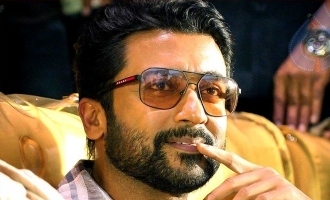
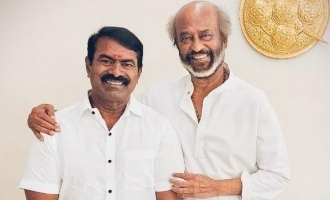


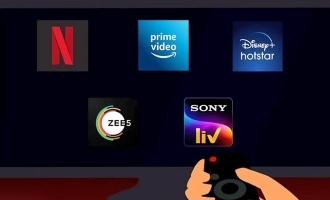
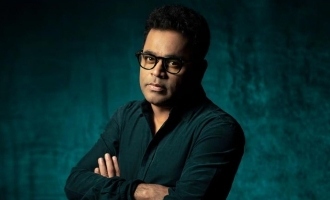
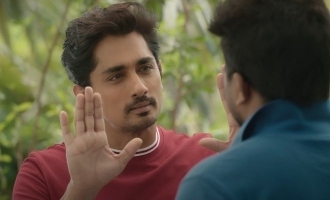
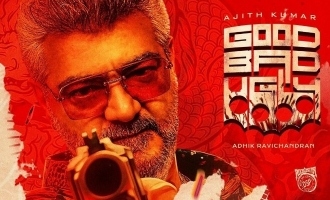
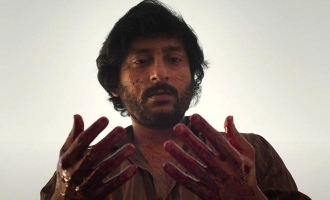

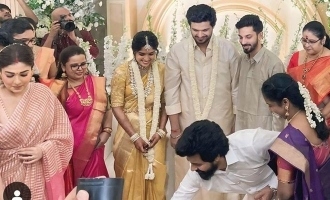
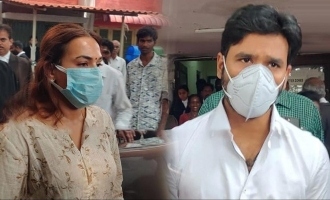




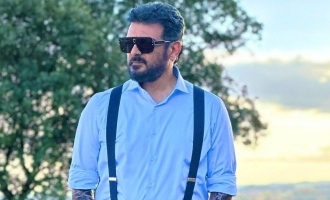
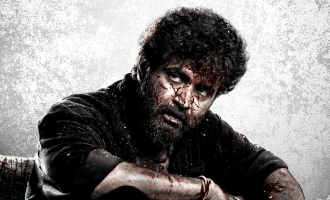
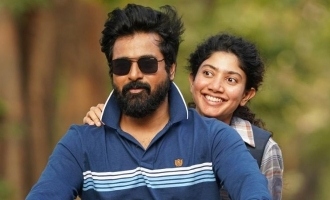


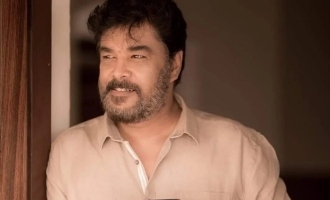
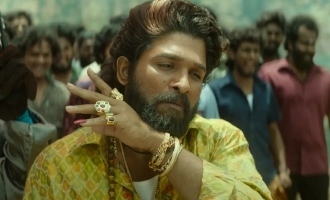

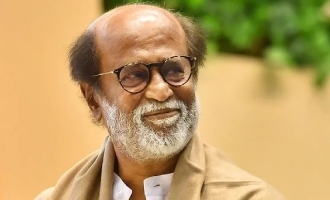
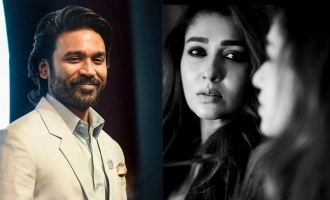
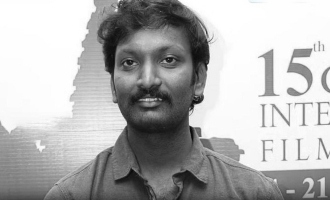
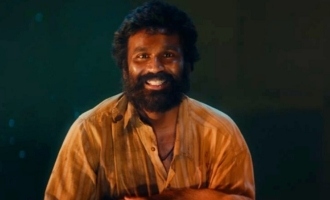
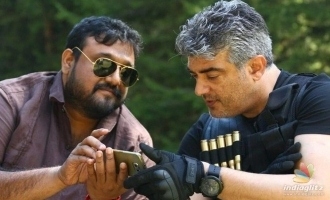

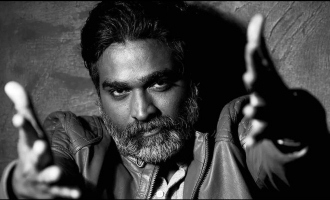
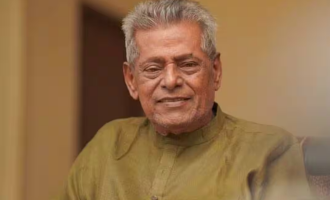

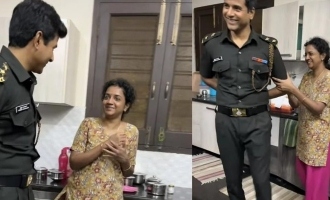
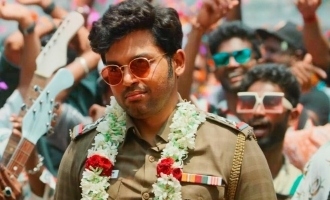
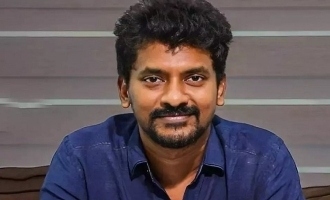


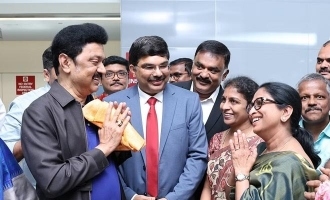








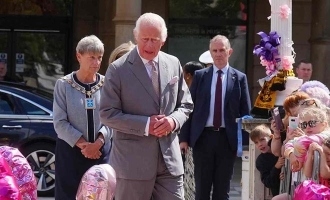








Comments